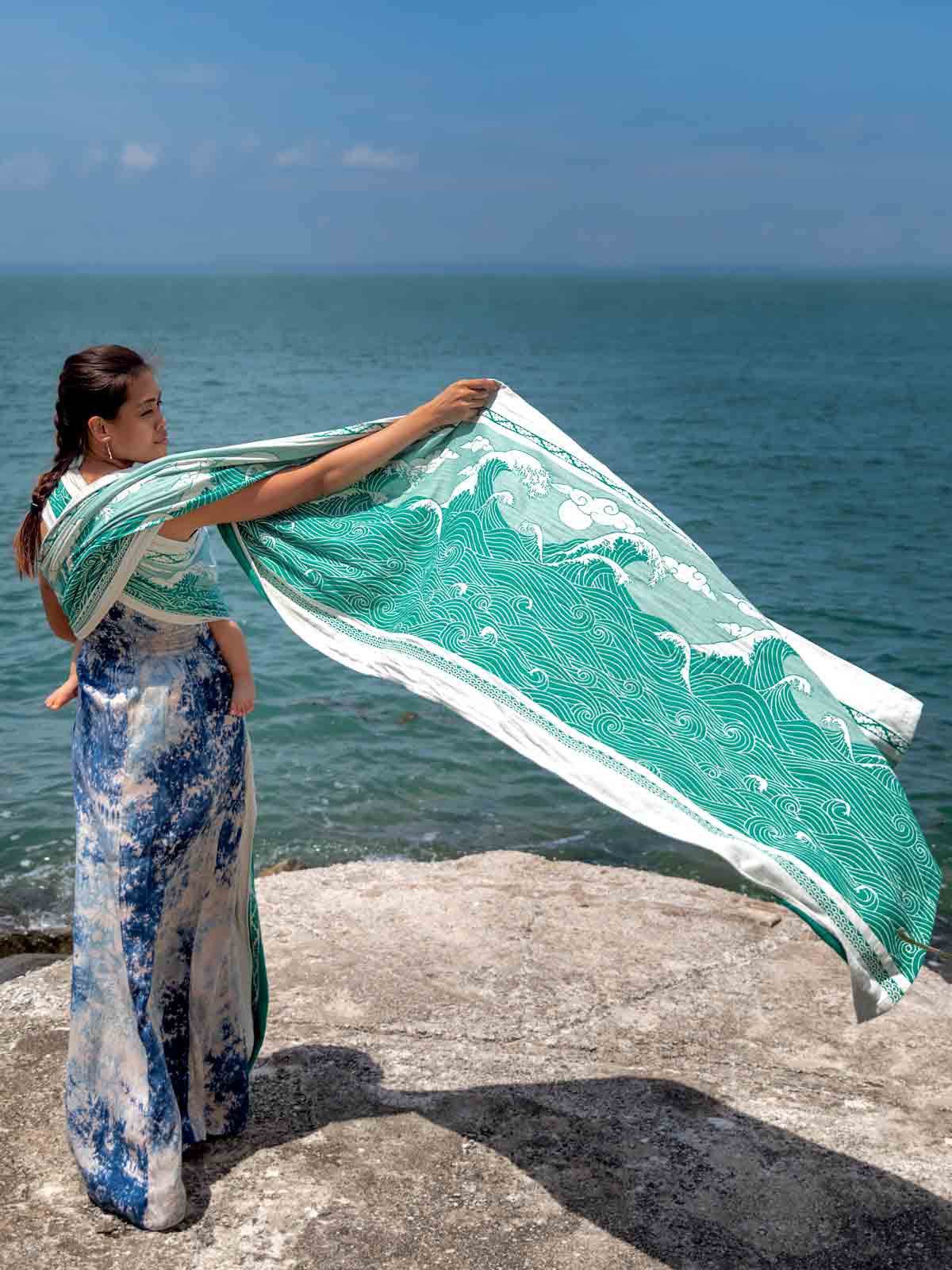
Top 5 Reasons Why Organic Cotton is the Best Choice for Your Baby Carrier
Cotton is known as 'the world's dirtiest crop' because of the heavy use of toxic chemicals - accounting for 25% of the global use of insecticides. This not only affects the environment and the farmers but is passed all the way down the line to the consumer, in the case of slings, this is both you and your baby.
There are many other issues around cotton growth to consider too, including intense use of water - the manufacture of just one T-shirt will use 2,700 litres of water – almost 4 years worth of drinking water for a healthy adult.
Organic cotton production on the other hand eliminates these issues and removes the toxic load from your baby wrap, sling or carrier. Here are our Top 5 reasons why investing in organic cotton is a great choice whether you're purchasing clothing or baby slings:
1. Reduce You & Your Baby's Exposure to Toxic Chemicals

Cotton production accounts for a stunning 25% of global use of insecticides and 12% of pesticides. This leaches into waterways, the land and ends up on your sling. Many of the chemicals used are banned in the EU and are known carcinogens.
Organic farming involves methods that work in harmony with the land to control pests such as crop rotation and companion planting, no chemicals are used.
Using organic slings and clothing ensures that there will be no irritants that can exacerbate or cause allergies, chemical sensitivities, or eczema.
2. Organic Cotton Reduces Water & Energy Consumption
Cotton is a thirsty crop, it has even contributed to the draining of the Aral Sea. Growing organic can reduce water consumption by over 70% by creating healthy soils that soak up water like a sponge and hold it for longer.
'The 2013 – 14 organic cotton harvest of 116,974 million tonnes equates to a potential saving of 94,655 Olympic swimming pools of fresh water, enough energy to keep a 60 watt bulb going for 57,122 years, and as much carbon dioxide as driving a car around the world 14,114 times.'
- Safia Minney, Slow Fashion: Aesthetics Meets Ethics, 2016
3. Does not Release Microplastics
When you choose synthetic fibers or regular cotton blended with synthetics such as nylon and polyester, which are made with petrochemicals, every time you wash them they release microplastics into our waterways, creating massive issues for marine life and our food chain, ultimately also affecting human health. The material itself also doesn't biodegrade and releases toxic chemicals during both manufacture and when in landfill.
Organic cotton slings and clothing are durable, biodegradable, and will not release toxins.

Find 100% organic cotton slings
4. Look After the People Who Helped Create Your Sling
Most non-organic cotton seed is GMO and available from a few multinationals who control the pesticides and herbicides needed for the crop. This shackles farmers into purchasing the chemicals and the seed and has created a shocking rise in suicides amongst cotton farmers who are stuck in severe poverty. Working with these chemicals also leads to serious health issues and deaths.
Organic methods allow farmers to collect their own seed so they can be self-sustaining. The farmers use local resources, often produced on the farm (compost, manure, natural pesticides), meaning the exposure to dangerous chemicals is reduced for the farmers, and everyone involved in manufacturing - spinners, weavers, knitters and dyers.
5. Increase Biodiversity & Reduce Climate Change
In the organic method, farmers are encouraged to grow a range of crops alongside cotton, both for companion planting (to reduce the need for insecticides) and for the health of the soil. This helps to maintain the biodiversity and health of the land and local wildlife.
Farming in this way is a much more sustainable process than simply using harsh chemicals to increase yields. This also means farmers can grow foods for their own families and communities, which also provides another source of income.
Oscha Organic Certification

At Oscha nearly 100% of our warp yarns are organic BCI cotton. We will often then weave in other yarns such as linen or hemp in the weft. We also have 100% organic cotton slings.
The organic cotton used in our baby slings, wraps and carriers is certified by the Global Organic Textile Standard (GOTS) which sets a worldwide standard for textiles (clothing, home textiles, and personal care products) made from certified organically produced raw materials. It includes strict environmental and social criteria for operations along the entire textile supply chain
GOTS prohibits the use of the kinds of chemicals commonly used in textile processing. Cotton certified by GOTS has not only been grown organically but it has also been processed organically too. This means that inputs such as dyes and inks have met strict biodegradability and toxicity rules and waste water is treated before it's let out into the environment - protecting local ecosystems and communities.
In addition, our cotton is largely Better Cotton Initiative (BCI) Certified. The Better Cotton Initiative (BCI) is a not-for-profit organisation that exists to make global cotton production better for the people who produce it, better for the environment it grows in and better for the sector's future. Through BCI and its Partners, farmers receive training on how to use water efficiently, care for the health of the soil and natural habitats, reduce use of the most harmful chemicals and apply decent work principles. BCI Farmers implementing this system are licensed to sell Better Cotton.

References
Safia Minney, Slow Fashion: Aesthetics Meets Ethics, 2016

Best Baby Carrier For Newborns 2026
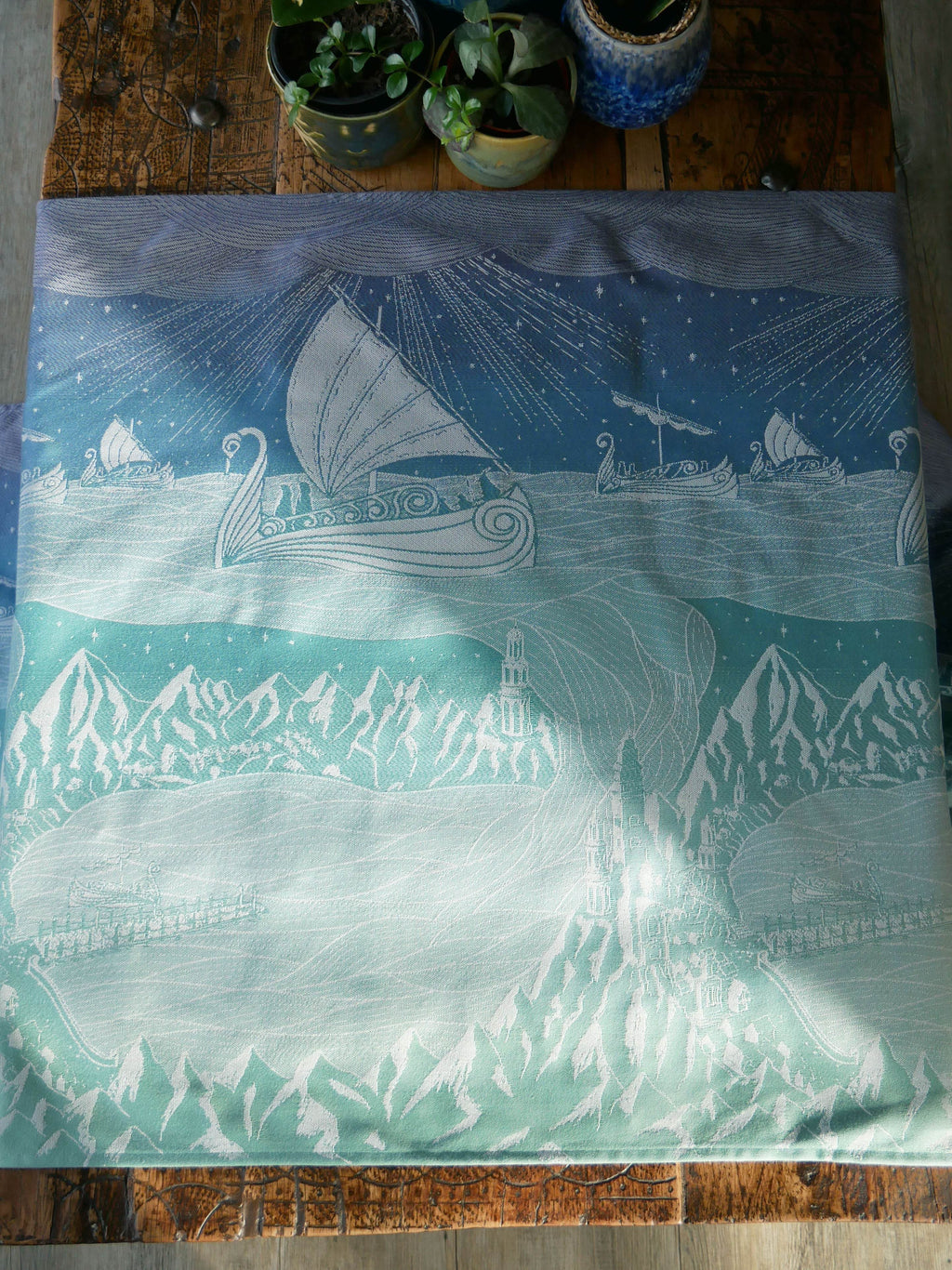
Grey Havens: Oscha Lord of the Rings Design Development
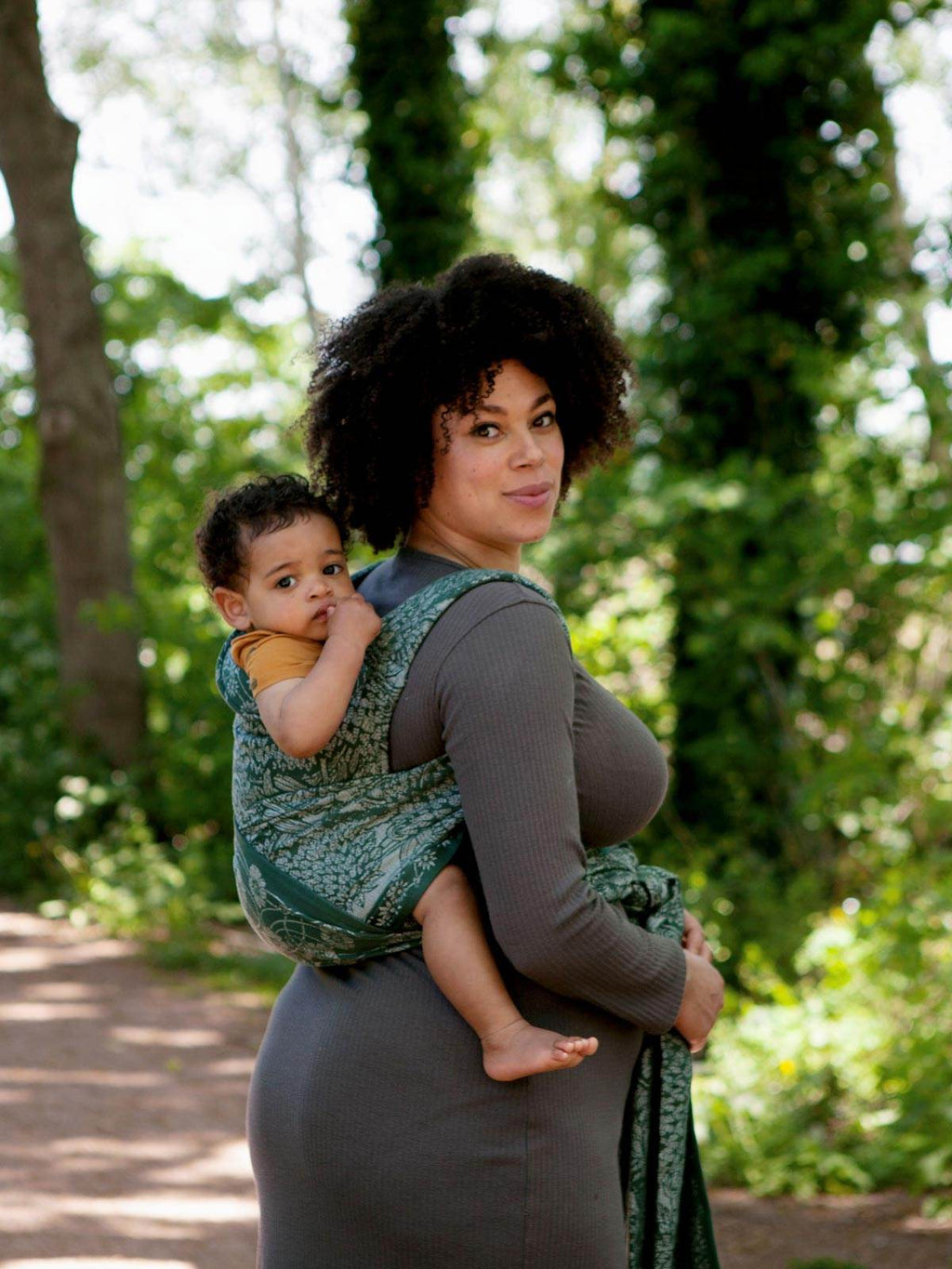
Can Baby Carriers Cause Back Pain?

The co-founder of Oscha & twin mum of 3, Zoe is a seasoned babywearer and is passionate about all things baby carriers and Middle-earth!
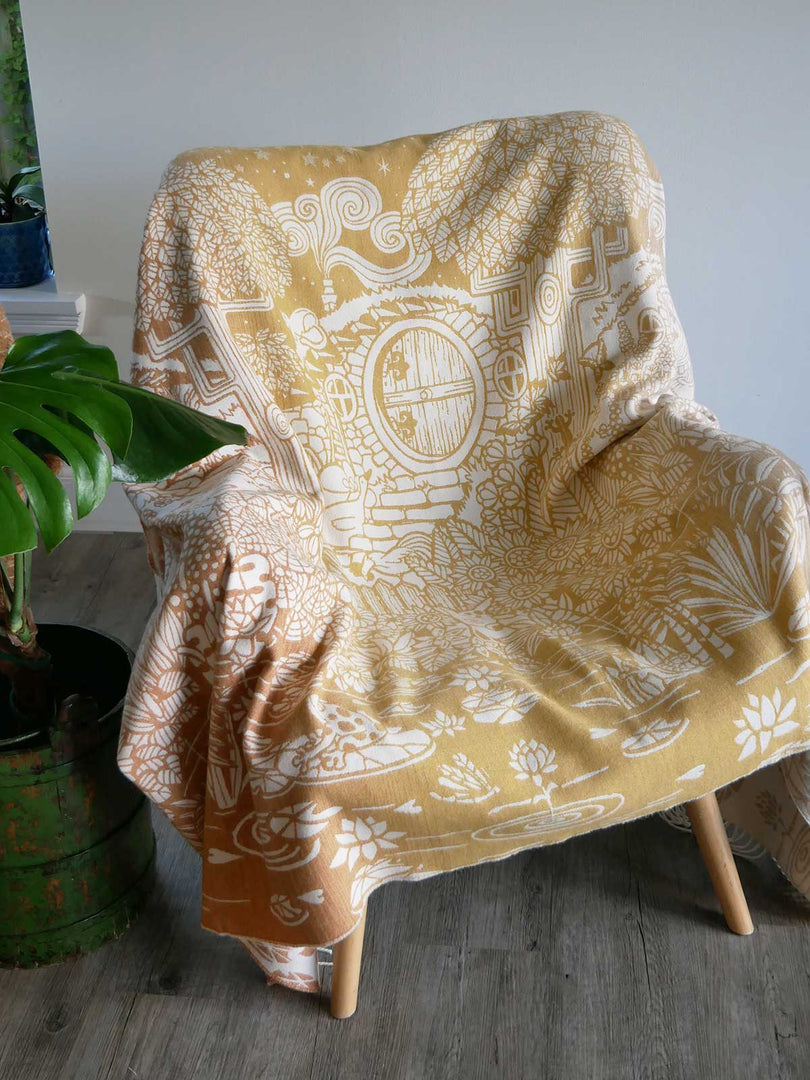

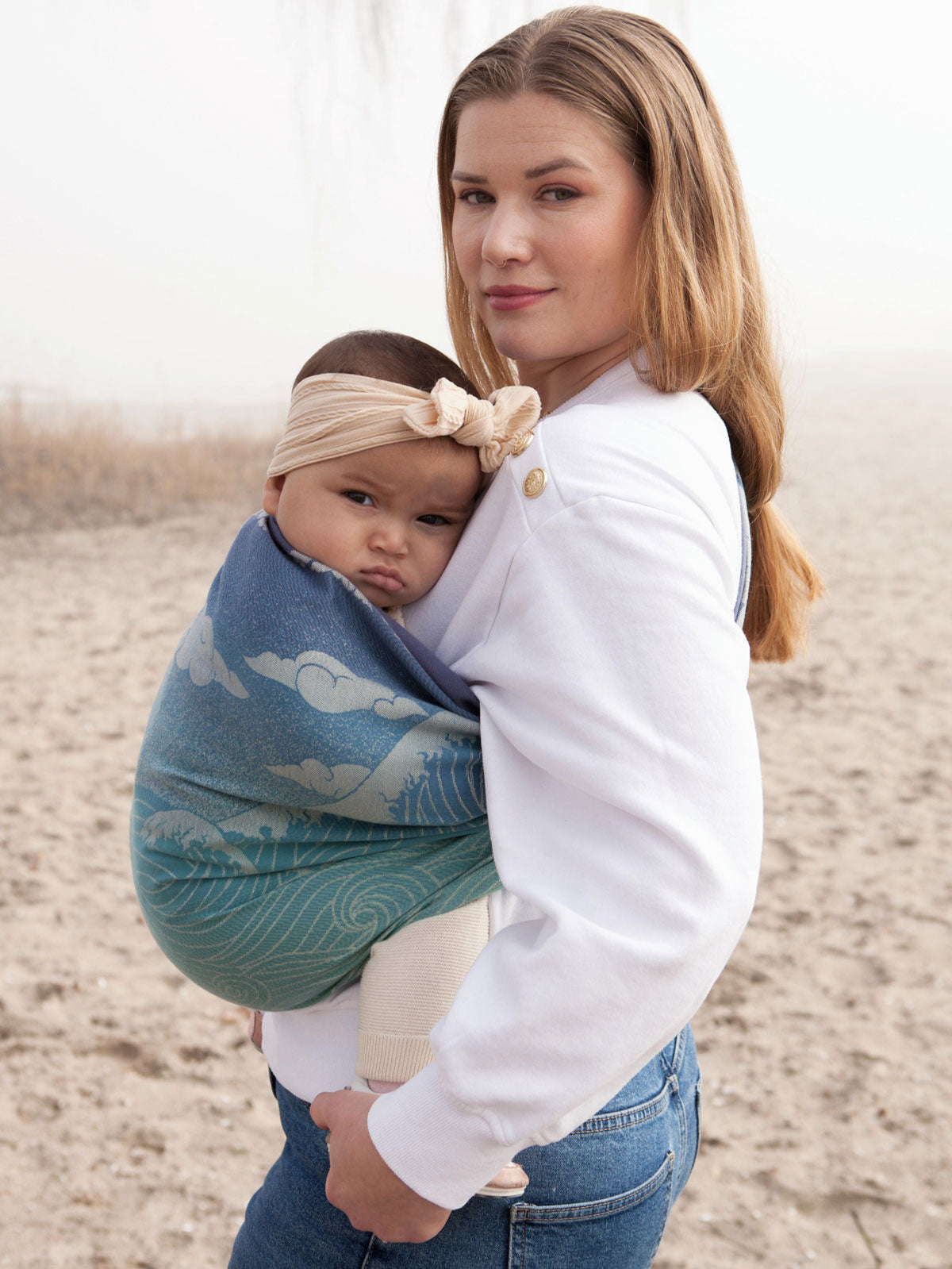
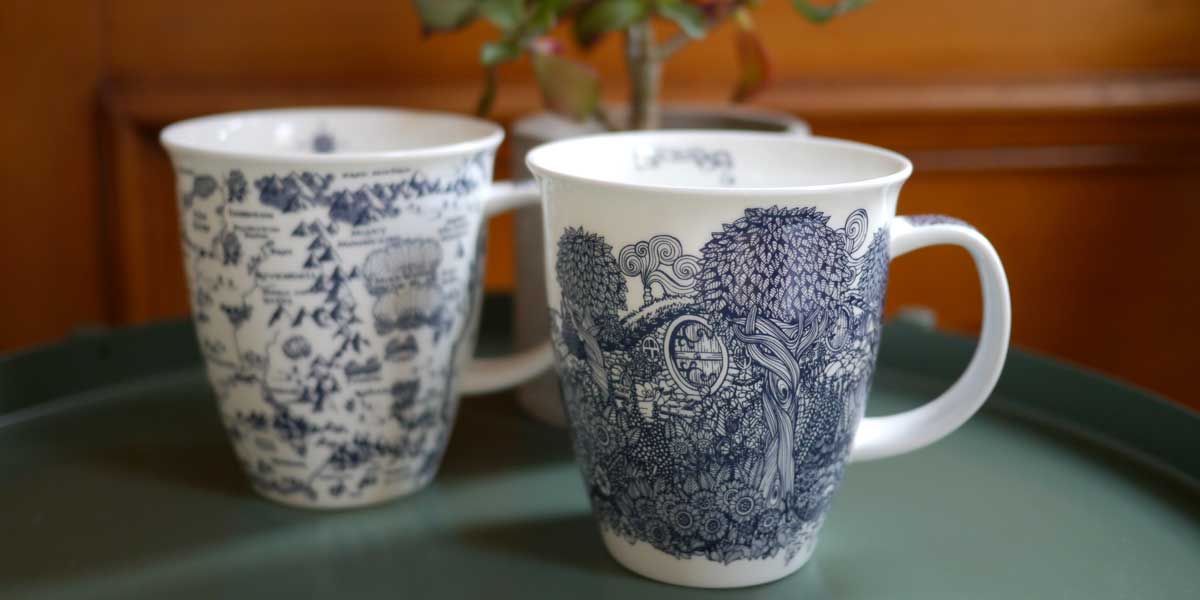
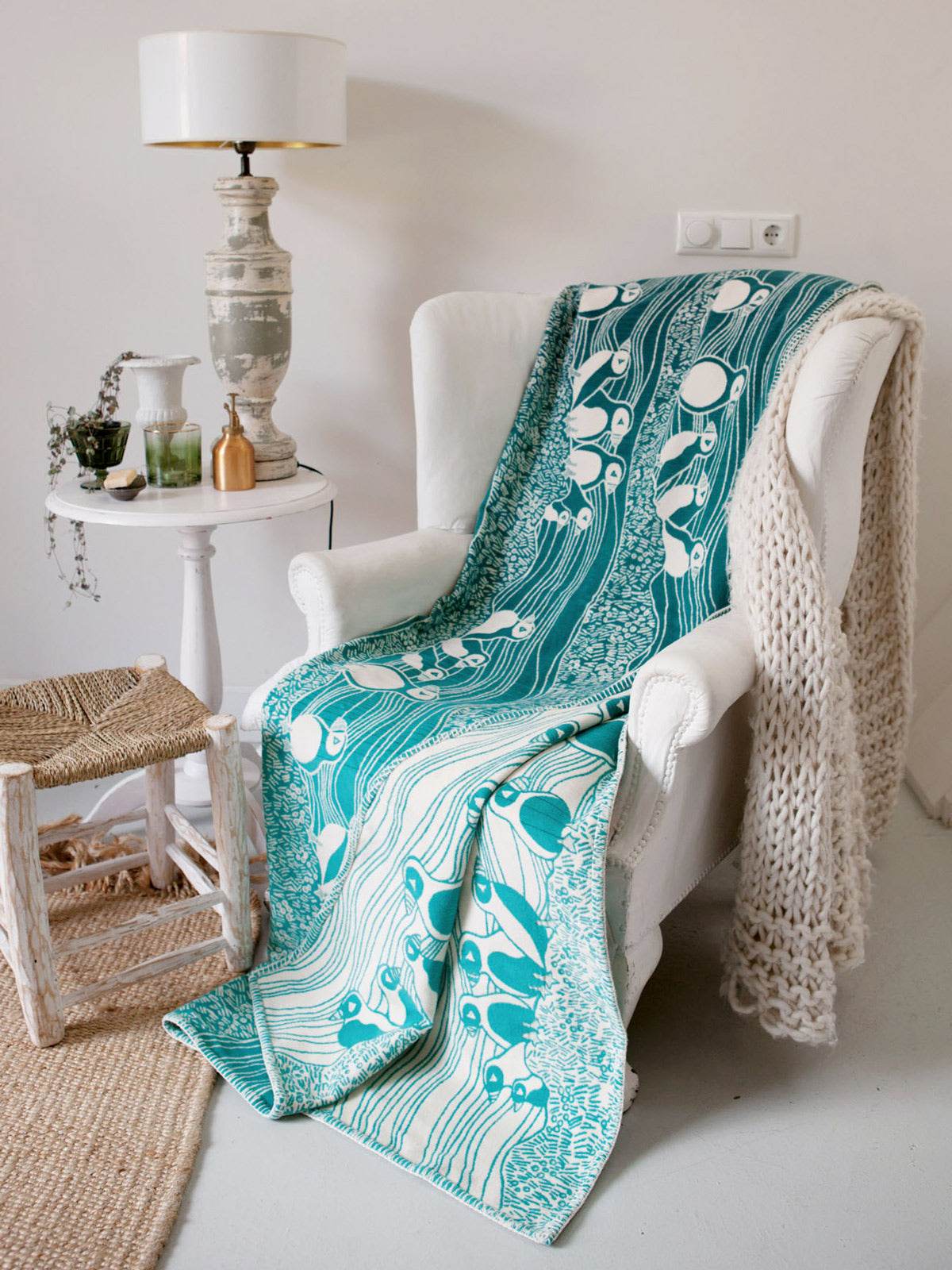
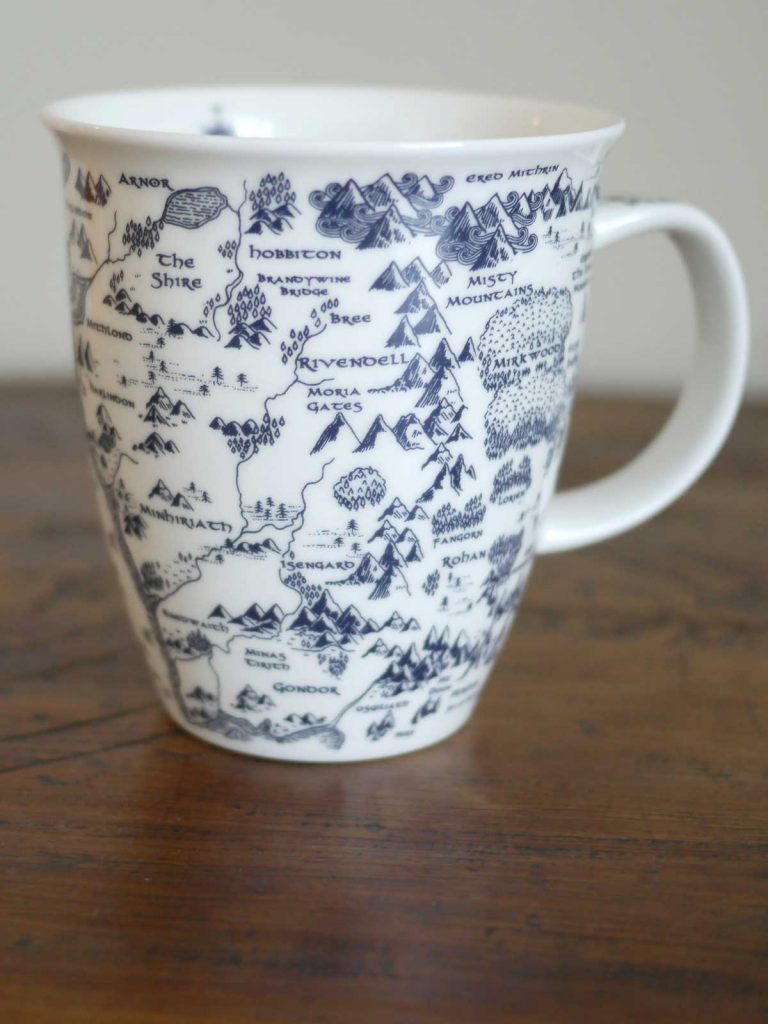
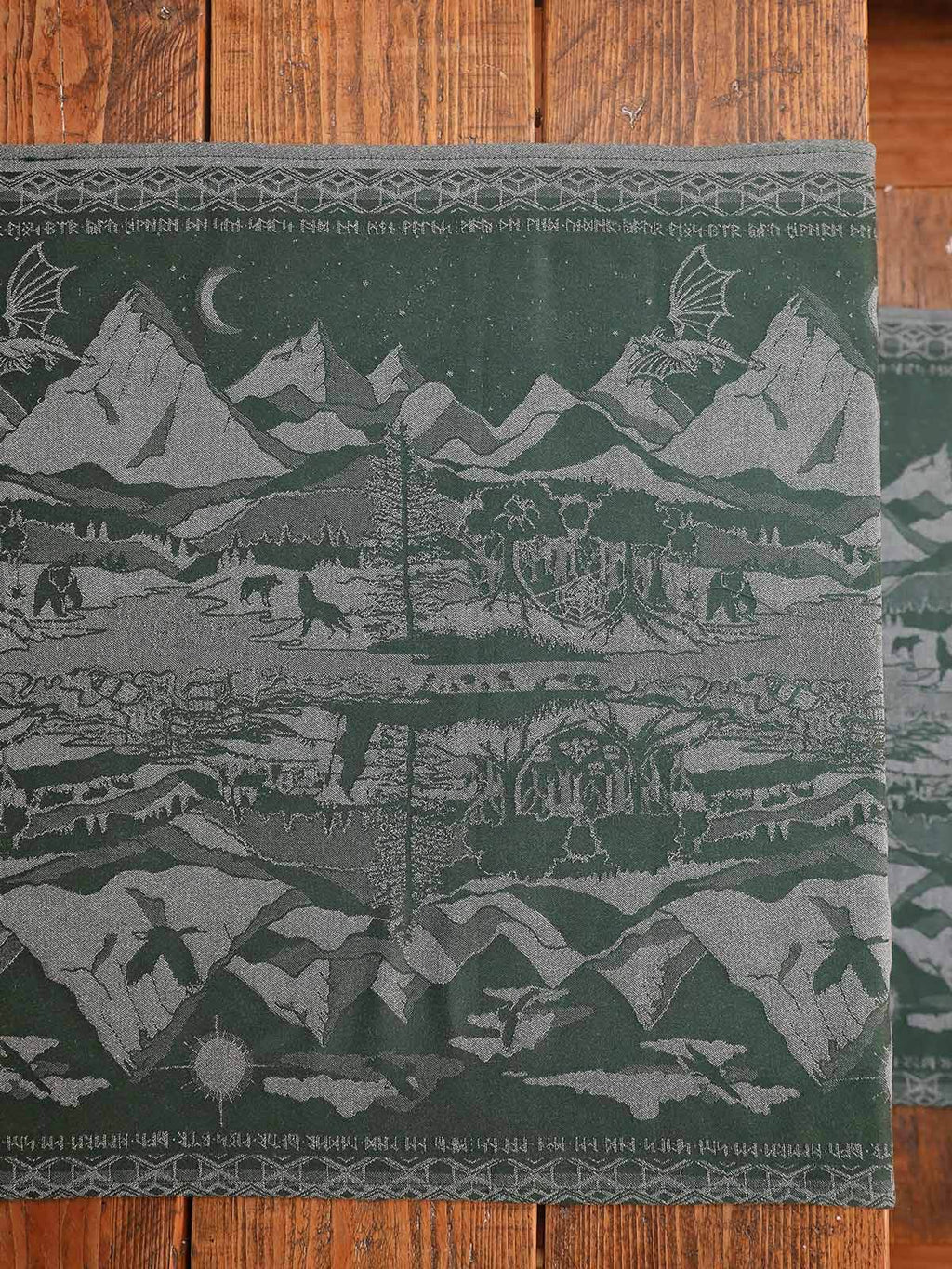
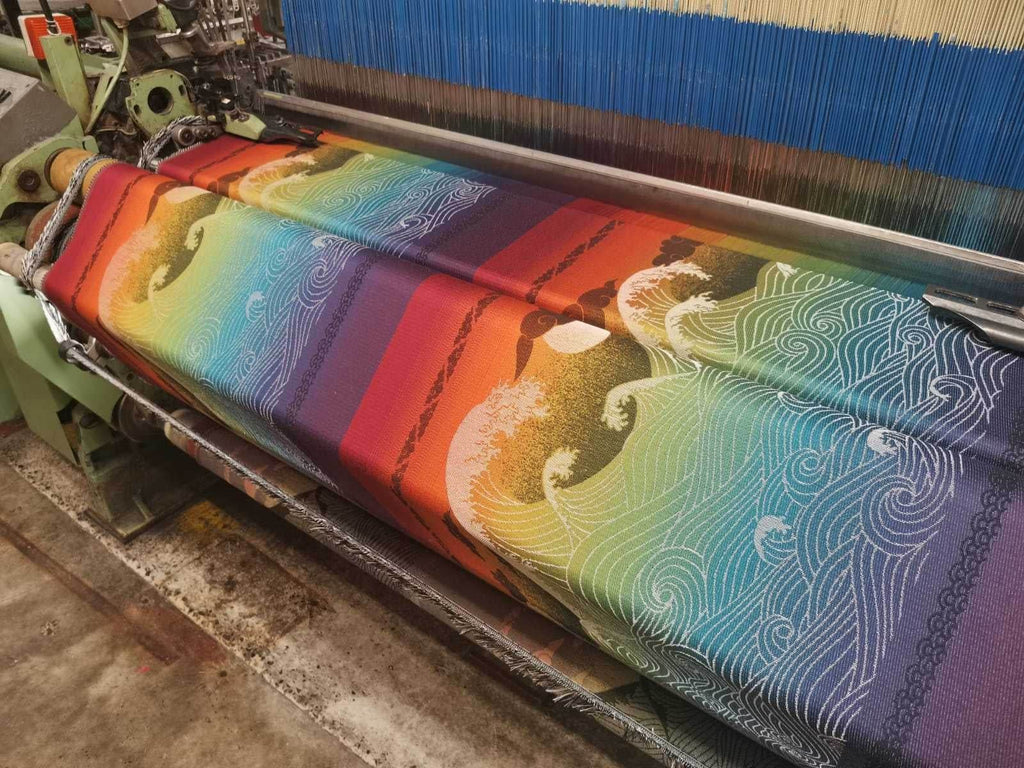
 https://oschaslings.com
https://oschaslings.com